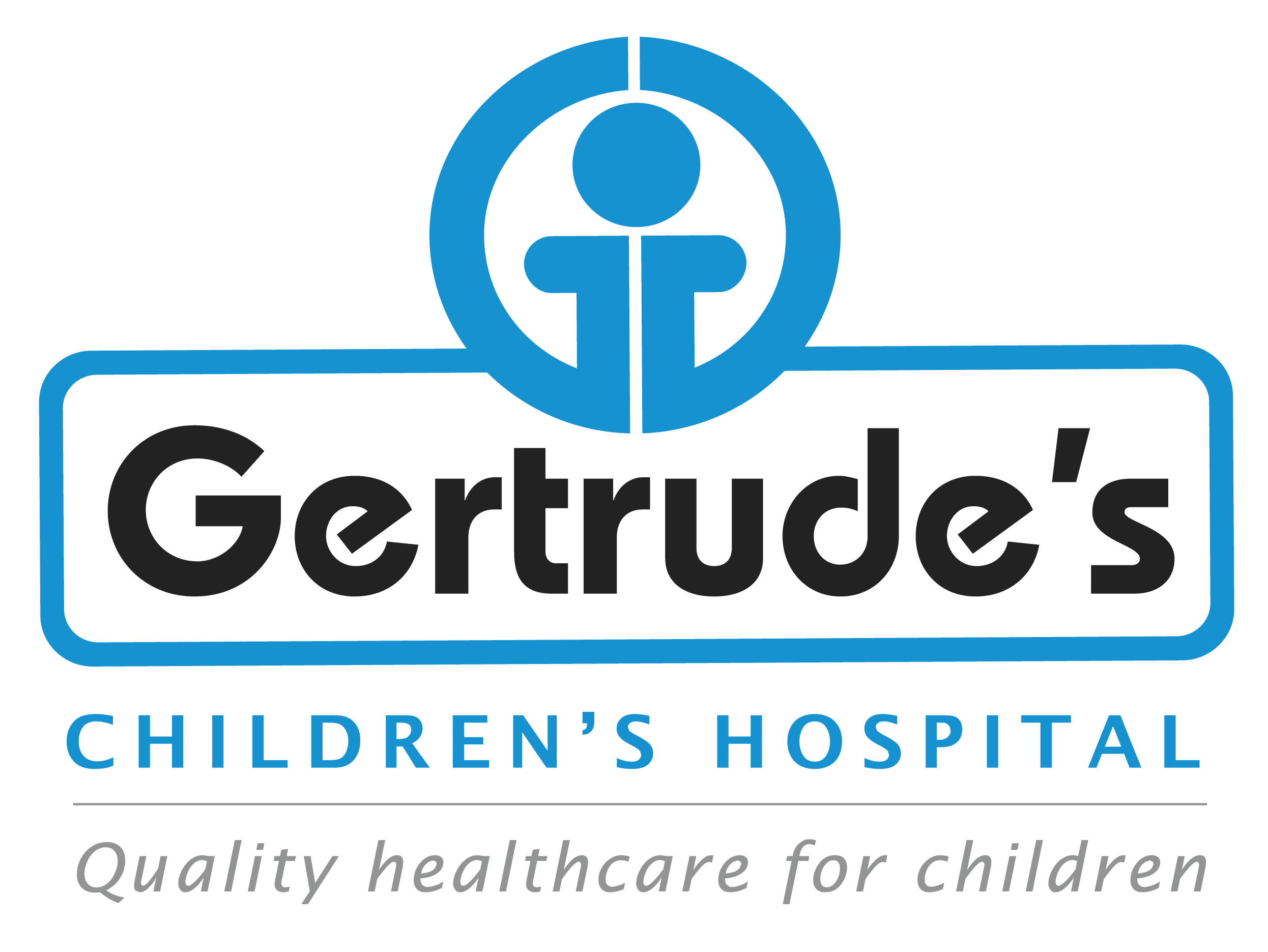Impacted teeth are teeth that fail to emerge fully or properly align in the mouth. Instead of growing straight through the gumline, they may remain trapped in the jawbone or gum tissue. This condition commonly affects wisdom teeth but can occur with any tooth, particularly the canines. If left untreated, impacted teeth may lead to discomfort, alignment issues, or infections.
Symptoms
Signs of impacted teeth in children and teens may include:
• Pain or discomfort in the jaw or gums
• Swollen, red, or tender gums near the affected tooth
• Difficulty opening the mouth or chewing
• Persistent bad breath or a bad taste in the mouth
• Visible gaps where teeth should erupt
• Overcrowding or misalignment of nearby teeth
• Pain or discomfort in the jaw or gums
• Swollen, red, or tender gums near the affected tooth
• Difficulty opening the mouth or chewing
• Persistent bad breath or a bad taste in the mouth
• Visible gaps where teeth should erupt
• Overcrowding or misalignment of nearby teeth
Causes
Impacted teeth can occur due to several reasons:
• Lack of space: Insufficient room in the jaw can prevent teeth from emerging correctly.
• Abnormal growth patterns: Teeth may grow at an angle or in the wrong direction.
• Genetics: Family history of dental crowding or impactions increases the likelihood.
• Late tooth eruption: Baby teeth that don’t fall out on time can block permanent teeth.
• Trauma or injury: Damage to the jaw or gums may disrupt normal tooth eruption.
• Lack of space: Insufficient room in the jaw can prevent teeth from emerging correctly.
• Abnormal growth patterns: Teeth may grow at an angle or in the wrong direction.
• Genetics: Family history of dental crowding or impactions increases the likelihood.
• Late tooth eruption: Baby teeth that don’t fall out on time can block permanent teeth.
• Trauma or injury: Damage to the jaw or gums may disrupt normal tooth eruption.
Diagnosis
Our specialists at Gertrude’s Children’s Hospital will:
• Conduct a thorough oral examination to check for signs of impaction
• Use dental X-rays or 3D imaging to determine the position and condition of the impacted teeth
• Evaluate your child’s dental history and alignment to identify potential complications
• Conduct a thorough oral examination to check for signs of impaction
• Use dental X-rays or 3D imaging to determine the position and condition of the impacted teeth
• Evaluate your child’s dental history and alignment to identify potential complications
Treatment Options
Treatment for impacted teeth depends on the severity of the condition and its impact on oral health. Options include:
• Monitoring: For mild cases, regular check-ups ensure no further issues arise as the teeth grow.
• Orthodontic treatment: Braces or other devices may create space and guide the impacted tooth into place.
• Extraction: If the tooth causes pain, infection, or crowding, surgical removal may be necessary.
• Exposure and bonding: For impacted canines, a surgical procedure can expose the tooth, and an orthodontist can attach a bracket to guide its alignment.
• Pain and infection management: Medications or therapies to relieve symptoms and address infections.
• Monitoring: For mild cases, regular check-ups ensure no further issues arise as the teeth grow.
• Orthodontic treatment: Braces or other devices may create space and guide the impacted tooth into place.
• Extraction: If the tooth causes pain, infection, or crowding, surgical removal may be necessary.
• Exposure and bonding: For impacted canines, a surgical procedure can expose the tooth, and an orthodontist can attach a bracket to guide its alignment.
• Pain and infection management: Medications or therapies to relieve symptoms and address infections.
Frequently Asked Questions
Q: Can impacted teeth cause long-term problems if untreated?
A: Yes. Untreated impacted teeth can lead to infections, cysts, misalignment, and damage to surrounding teeth.
Q: Is extraction the only option for impacted teeth?
A: No. Depending on the case, orthodontic treatments or exposure procedures may resolve the issue without removing the tooth.
Q: At what age should I check for impacted teeth in my child?
A: Regular dental visits from an early age help monitor tooth development. Impactions are often identified in the late childhood or early teenage years.
Contact
Please feel free to contact us with any general or medical enquiry by calling us.





